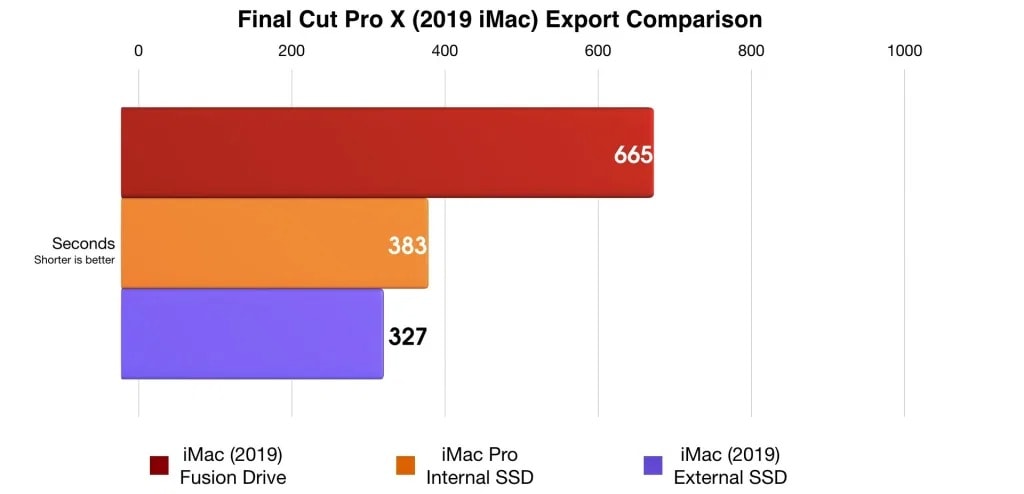

Another factor impacting reliability is the presence of magnets. Head crashes can be caused by electronic failure, a sudden power failure, physical shock, wear and tear, corrosion, or poorly manufactured platters and heads. The rapid motion of the platters and heads inside the hard disk drive make it susceptible to “head crash”. Moving parts in an HDD increase the risk of mechanical failure. Unlike HDD drives, SSD disks do not have moving parts. SSDs have no read/write heads and thus no delays due to head motion (seeking). There is consistent read performance because the physical location of data is irrelevant. In an SSD, data transfer is not sequential it is random access so it is faster. Finally, the mechanical nature of hard disks also introduces certain performance limitations. The transfer rate can also be influenced by file system fragmentation and the layout of the files. The physical read/write head "seeks" an appropriate point in the hard drive to execute the operation. IOPs stand for Input/Output Operations Per Second DRAM SSDs: Small reads – 4091 IOPs (23x), Small writes – 4184 IOPs (14x).Flash SSDs: Small reads – 1075 IOPs (6x), Small writes – 21 IOPs (0.1x).HDDs: Small reads – 175 IOPs, Small writes – 280 IOPs.The following video compares HDD and SSD speeds in the real world and it's no surprise that SSD storage comes out ahead in every test: Intel claims their SSD is 8 times faster than an HDD, thereby offering faster boot up times. So start-up speed is slower for HDDs than SSDs because a spin-up for the disk is needed. HDD disks use spinning platters of magnetic drives and read/write heads for operation.

SSD drives can withstand vibration up to 2000Hz, which is much more than HDD. The moving parts of HDDs make them susceptible to crashes and damage due to vibration. SSD drives are lighter than HDD drives because they do not have the rotating disks, spindle and motor. There are three basic components - controller, cache and capacitor. It is interconnected, integrated circuits (ICs) with an interface connector. SSD has no moving parts it is essentially a memory chip. Read-and-write heads are positioned on top of the disks all this is encased in a metal cas HDD contains moving parts - a motor-driven spindle that holds one or more flat circular disks (called platters) coated with a thin layer of magnetic material. SSD drive performance is not impacted by fragmentation. The performance of HDD drives worsens due to fragmentation therefore, they need to be periodically defragmented. Since no such rotation is needed in solid state drives, they use less power and do not generate heat or noise. Hard disk drives use more electricity to rotate the platters, generating heat and noise. SSD has lower latency, faster read/writes, and supports more IOPs (input output operations per second) compared to HDD. HDD has higher latency, longer read/write times, and supports fewer IOPs (input output operations per second) compared to SSD.


 0 kommentar(er)
0 kommentar(er)
